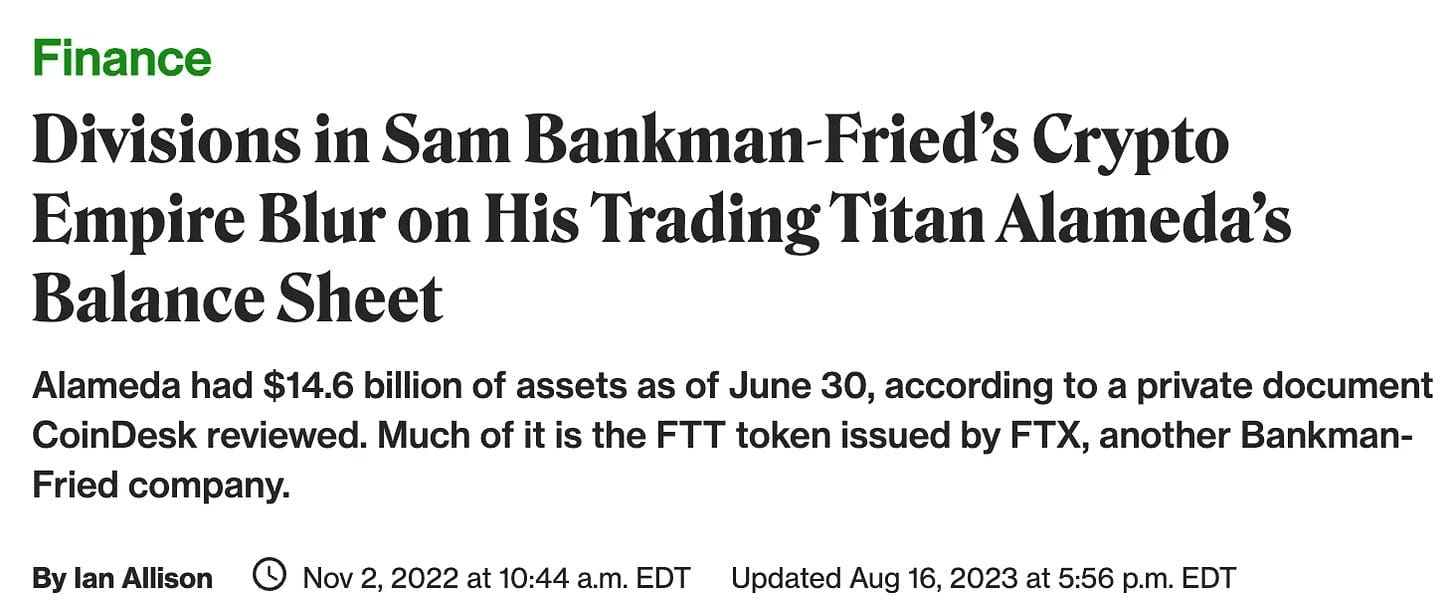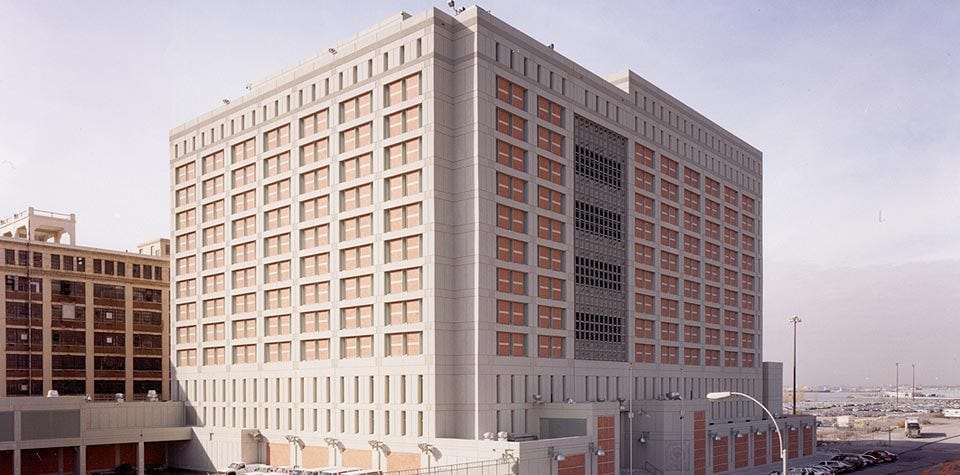Sam Bankman-Fried: guilty on all charges
Jurors spent less than five hours deliberating before returning the verdict.


It took almost as long for the judge to read the charges to the jury as it did for the jury to find Sam Bankman-Fried guilty on all seven counts. The verdict was delivered a year to the day from when CoinDesk published the leaked balance sheet that would ultimately lead to the collapse of FTX, exposing the crimes that had been happening just under the surface.

Bankman-Fried's charges are as follows:
- Wire fraud on FTX customers
- Conspiracy to commit wire fraud on FTX customers
- Wire fraud on Alameda Research lenders
- Conspiracy to commit wire fraud on Alameda Research lenders
- Conspiracy to commit securities fraud
- Conspiracy to commit commodities fraud
- Conspiracy to commit money laundering
With the seventh charge, the jury was additionally asked to determine if he committed concealment money laundering, wire fraud proceeds money laundering, or both. They checked "both". This means that they found that Bankman-Fried had engaged in money laundering for the purposes of concealing the source, nature, ownership, or location of the funds and that he had committed money laundering for the purposes of concealing the proceeds of wire fraud.
Bankman-Fried reportedly showed little visible emotion as the verdict was read, clasping his hands while he stood to hear the verdict and then sitting and looking at the table after it was finished. As he left the courtroom, he gave a nod to his parents.
The five charges pertaining to wire fraud and money laundering each carry maximum sentences of twenty years. The securities fraud and commodities fraud charges have maximum sentences of five years. Federal sentencing guidelines also include enhancements pertaining to things like the total amount of monetary losses involved in the crimes, the number of victims, and whether the judge believes the defendant lied on the stand.
The actual sentence, however, remains up to Judge Kaplan.
What happens next?
Although this trial has proceeded at a rapid clip, it will be a while before we learn what kind of prison time Bankman-Fried will be seeing. Sentencing his been scheduled for five months from now, on March 28, but that is subject to change.
After sentencing, Bankman-Fried will be able to appeal his conviction, and is almost certain to do so. His team has already hinted at several avenues they may consider for appeal, although none seem terribly promising. He could argue he wasn't given an adequate opportunity to prepare for trial, or argue that some of the rulings limiting his defense resulted in an unfair trial.
Bankman-Fried is still set to face another five criminal charges in a second trial scheduled to begin on March 11, but it's possible that the US government could drop the charges after succeeding in getting him convicted on the seven more severe counts. It's also possible that the ongoing proceedings in Bahamian court could determine that it is impermissible to charge him with additional crimes beyond the original ones on which he was extradited. The five additional charges are bribery conspiracy, bank fraud conspiracy, derivates fraud, securities fraud, and conspiracy to operate an unlicensed money transmitting business. Although the bribery charge in particular will be interesting to watch if it goes to trial, the five additional charges are generally less severe than the seven on which he was just convicted. The government has been asked to inform Judge Kaplan by February 1 of whether the second trial will proceed, as it may affect the timing of sentencing.
For now, Bankman-Fried will return to MDC Brooklyn, which has been his home for almost three months.

Social image credit Elizabeth Williams.




